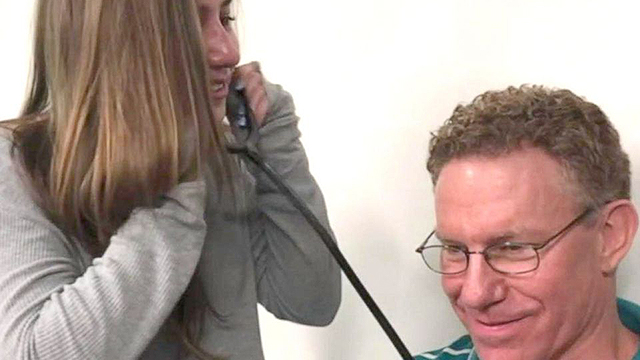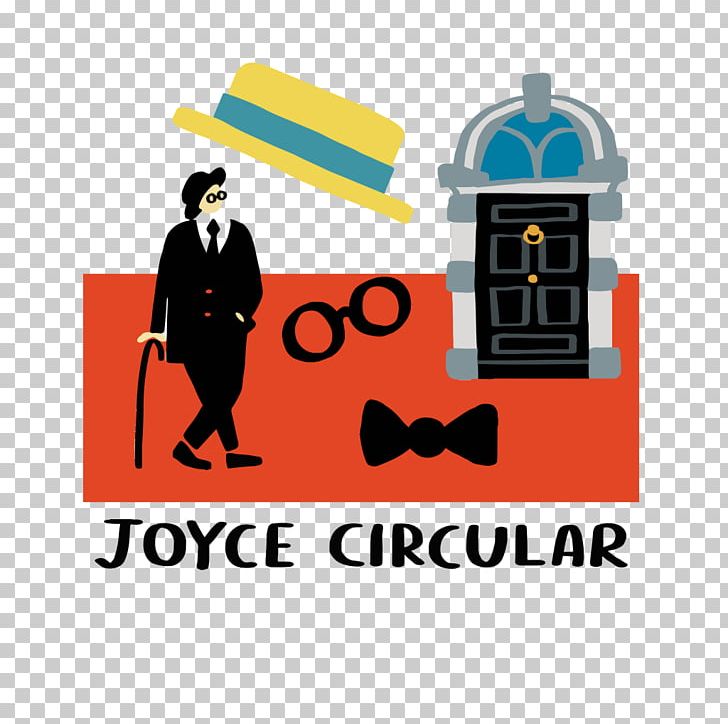

When I go to bed at night, I feel a pulsing in my head above my left ear. A small hole is made in the inner ear so fluid can drain out.Ask the doctor Should I worry that I can feel a pulse above my ear? In an operation called selective vestibular nerve section, the surgeon cuts the nerve in the inner ear that sends information about balance to the brain.Įndolymphatic shunt is another surgical procedure. These surgeries are usually performed only on people who experience severe dizziness and have little or no hearing in the affected ear. The most successful operations destroy structures in the ear (which results in total deafness) in order to stop vertigo. But they can also cause permanent or severe hearing loss. Both surgeries can lessen or stop the dizziness. Your doctor might suggest it to reduce the amount of fluid in the inner ear. If medication and physical therapy do not work, an ENT may try injecting certain medications, like steroids and antibiotics, into the eardrum to reduce dizziness.Īntibiotics like gentamicin and streptomycin selectively destroy the balance organ (and the chaotic signals it sends to the brain) while preserving hearing.
#Heartbeat in ear how to#
The therapy shows your brain how to use other senses to maintain your sense of balance. (The vestibular system includes parts of the inner ear that control balance.) It’s an exercise-based program led by a specially trained physical therapist. Your doctor may recommend vestibular rehabilitation therapy. Diuretics help your body get rid of extra fluid. Benzodiazepines like diazepam, clonazepam, and lorazepam may also help.įor the buildup of fluid in your inner ear, your doctors might give you a diuretic like furosemide, hydrochlorothiazide, or acetazolamide. These include meclizine, promethazine, or dimenhydrinate. To treat the dizziness, doctors may prescribe medications that also help with motion sickness. Usually, the hearing loss does not lead to total deafness. Medication and, in some situations, surgery can help. Most people who have it experience some symptoms their whole life. The symptoms may go back and forth between getting better and becoming worse. Specialists include either an otolaryngologist (also known as an ear, nose, and throat doctor, or ENT) or a neurotologist (a specially trained ENT who focuses specifically on disorders of the ear). There is no cure but doctors can help you treat the symptoms. Ménière’s disease is a life-long condition. What is the best treatment for Ménière's disease?

Might only happen during attacks of vertigo, or might happen all the time.Sounds like buzzing, ringing, or roaring.It can get so bad that you fall to your knees or fall over, especially when trying to move around. Attacks can last for a few minutes or up to a few hours.Attacks often happen suddenly without warning.The room or world feels like it is spinning around you.In some cases, it can cause permanent deafness. These symptoms last hours to days.Īs the disease continues over time, the attacks of vertigo don’t happen as often or they go away completely. People with Ménière’s disease usually experience episodes of vertigo, ringing in the ear, feeling of fullness in the ear, or hearing loss. Episodes of low blood pressure or even low blood sugar can cause dizziness. The majority are not due to any problem with the inner ear. Dizziness as a main complaint can have many different causes.


 0 kommentar(er)
0 kommentar(er)
